Yogita Agrawal's wearable Jhoule light is powered by walking
Design Indaba 2016: Indian industrial design graduate Yogita Agrawal has created a wearable device that acts as a back-up light in rural areas and a soap crayon for reminding children to wash their hands.
Agrawal, who spoke at the Design Indaba conference in Cape Town last month, started work on her Jhoule wearable while studying at Parsons School of Design, as part of a class themed around "design that endures".
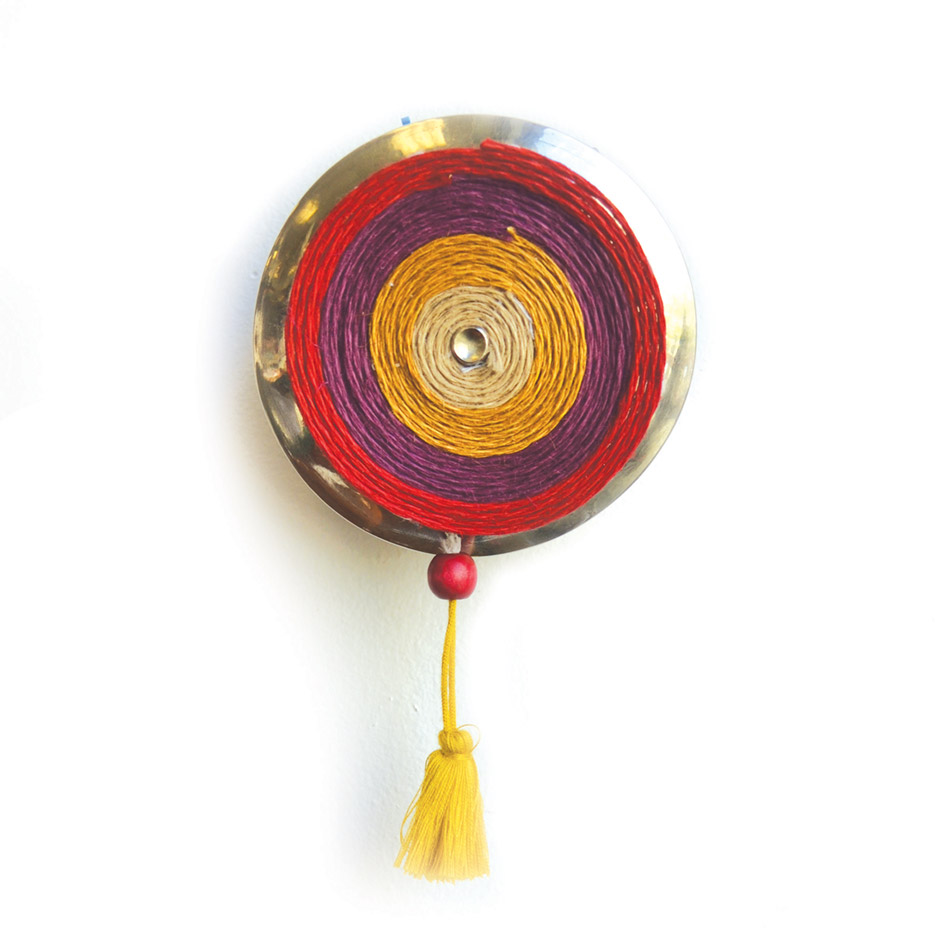
The circular device includes a detachable embroidered covering, and has a clip on the back that allows it to be worn around the waist, ankle, or arm. As the wearer walks, Jhoule harness energy from the body's swinging movement, which drives its internal charging mechanism.
This energy is then stored, and can be used to power embedded LEDs in the device. Jhoule can be used in the absence of streetlights, or hooked to a wall in the home to provide light in the evenings.
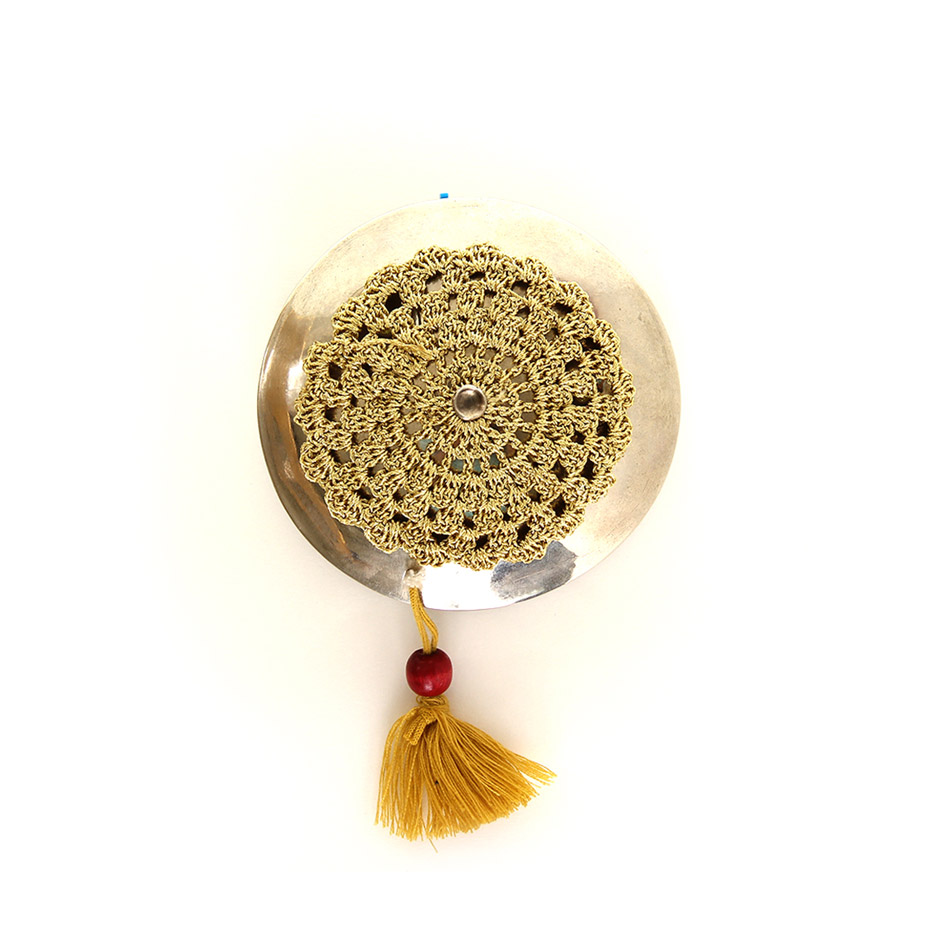
"I thought back to when I used to spend my summers with my grandma in Chhattisgarh, India, where they have frequent power cuts and there are still villages without electricity," the designer told Dezeen.
Many inhabitants of rural areas aren't able to install solar panels, explained Agrawal, often because houses aren't robust enough to support them, or because homes can't be locked while people are out.
While looking for alternative sources of energy, Agrawal discovered many local people were walking for one to two hours every day.
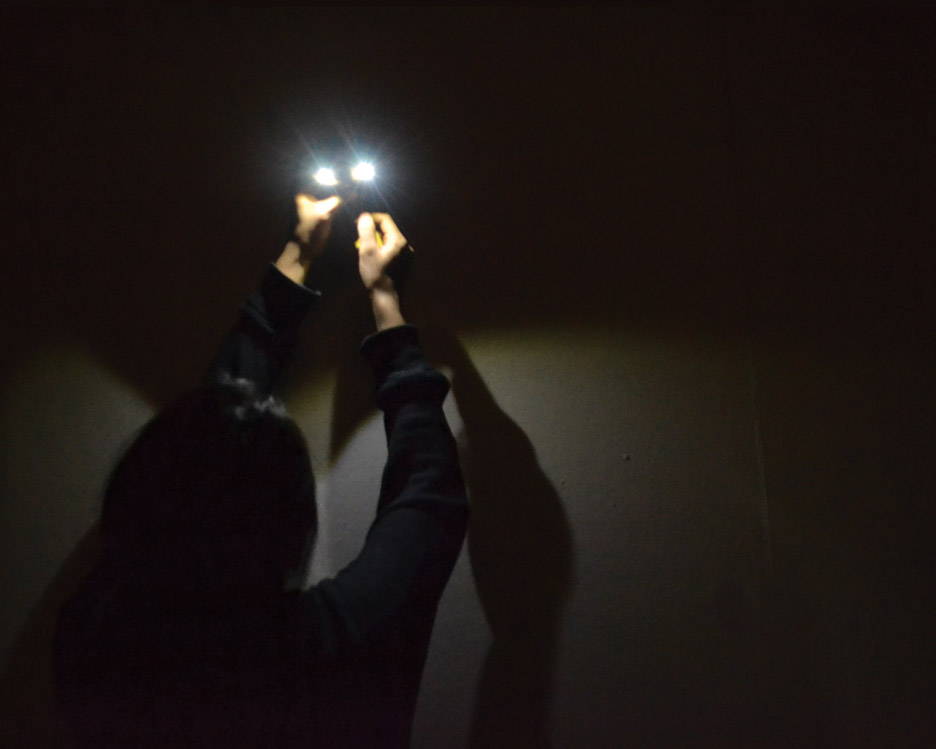
"The idea of Jhoule was born to tap into this widely available source of energy – the physically active lifestyle of rural India," she said. "Jhoule is a product intervention that will allow the community to gain an additional advantage from the physical activities they already perform."
The device is named after the Hindi word that means "to swing", as well as nodding to the English word for a unit of energy.
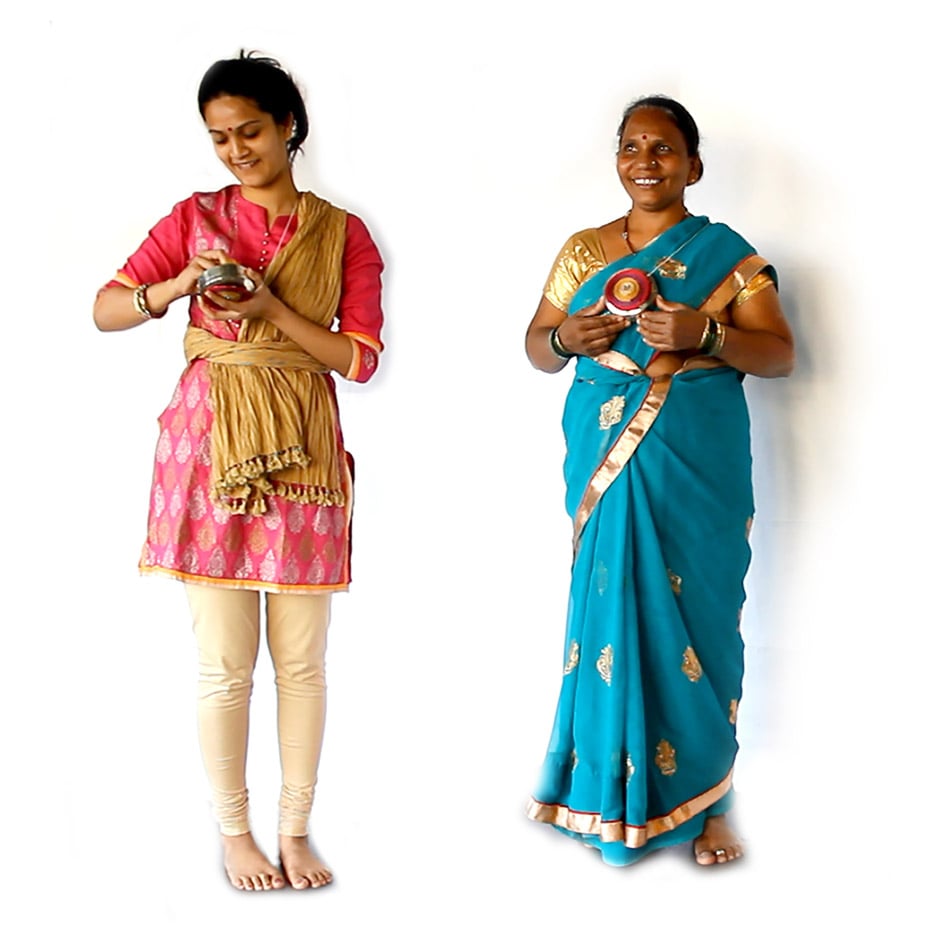
Its colourful, circular design references the ornamental key hooks that many women in India wear on the waist of their sarees. The embroidered covering can be customised by the owner.
"I believe that when designing wearables, it is crucial to have an in-depth understanding of the user: their preferences, lifestyle, culture and think about how the device can minimise disruption and seamlessly fit into their lives."
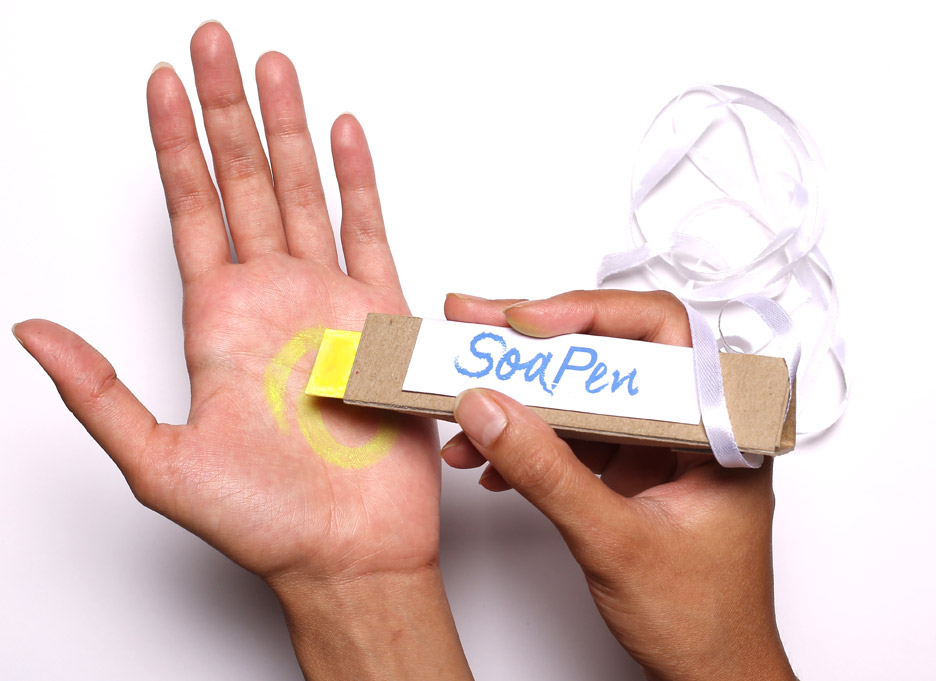
Also shown at Design Indaba was Agrawal's Soapen – a crayon-shaped soap designed to remind children to wash their hands.
Soapen comes in bright colours to encourage children to doodle on their hands before washing them. An accompanying mobile app and printed guide is also provided, encouraging teachers to incorporate the crayon into daily activities.
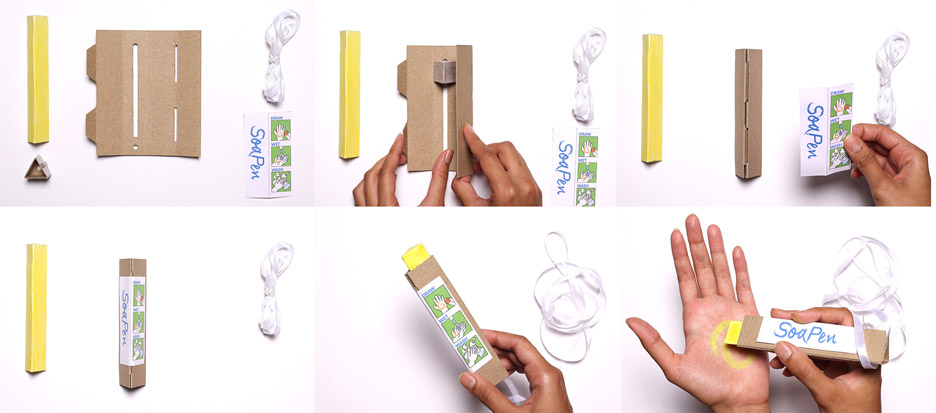
Agrawal was prompted to design the soap after learning that over 1.5 million children under the age of five die annually from infectious diseases, with 40 per cent of those caught in schools. It forms part of UNICEF's Wearables for Good accelerator programme, and Agrawal has been testing the product in schools in Mumbai.
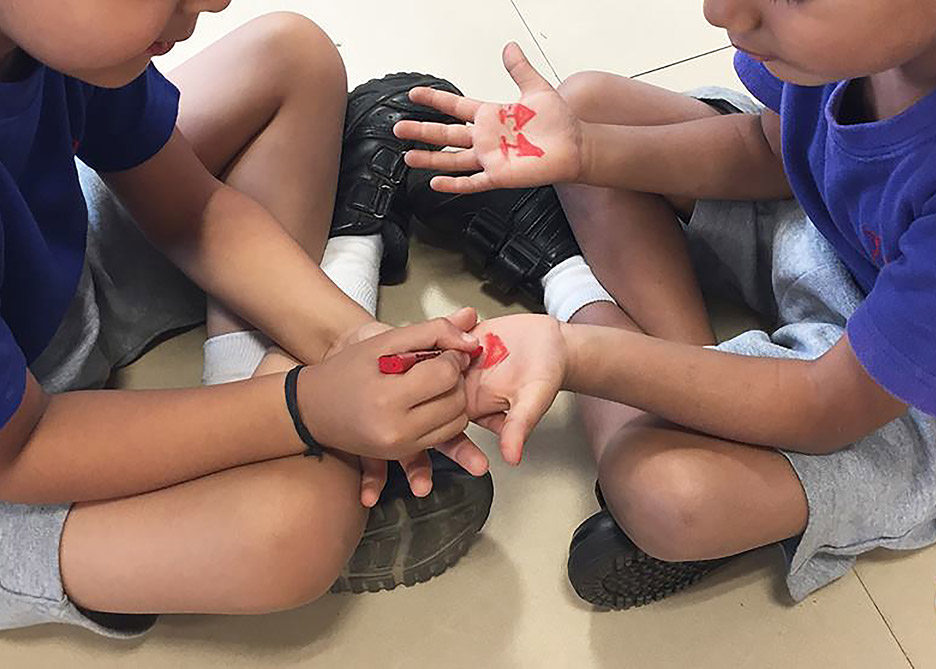
The topic of socially responsible design was also tackled at Design Indaba by Minority Report production designer Alex McDowell, who's using film techniques to develop sustainable solutions to refugee housing.